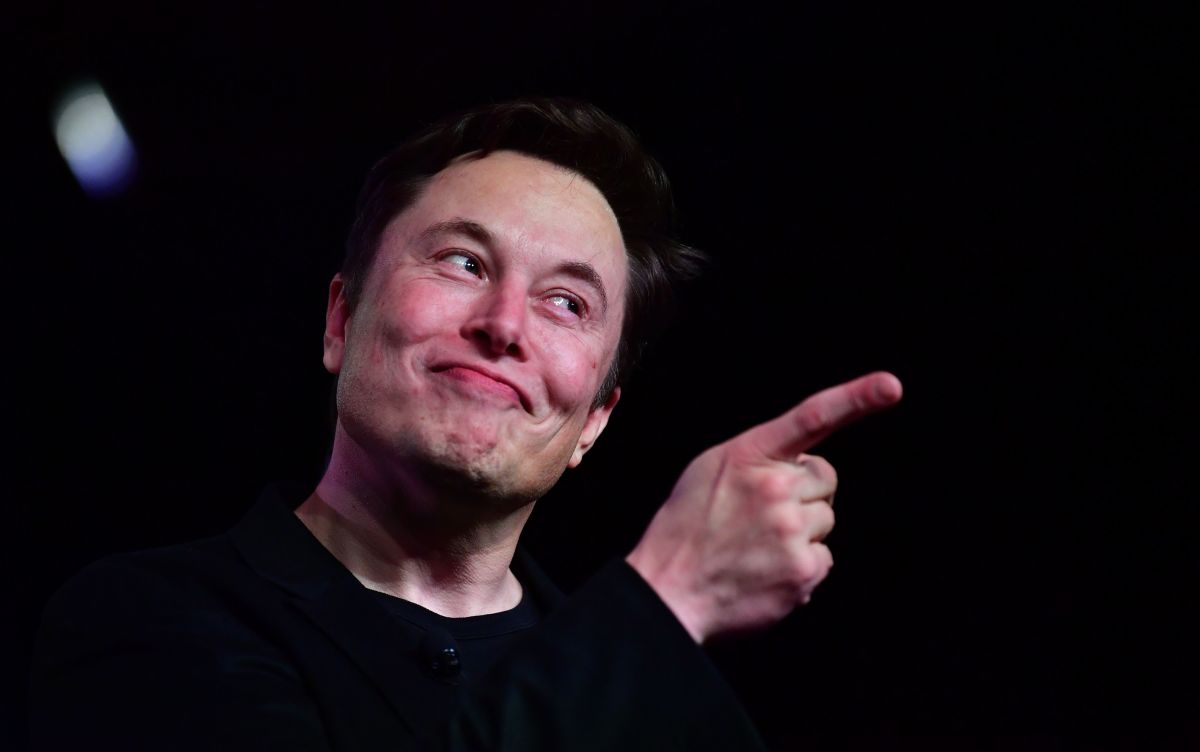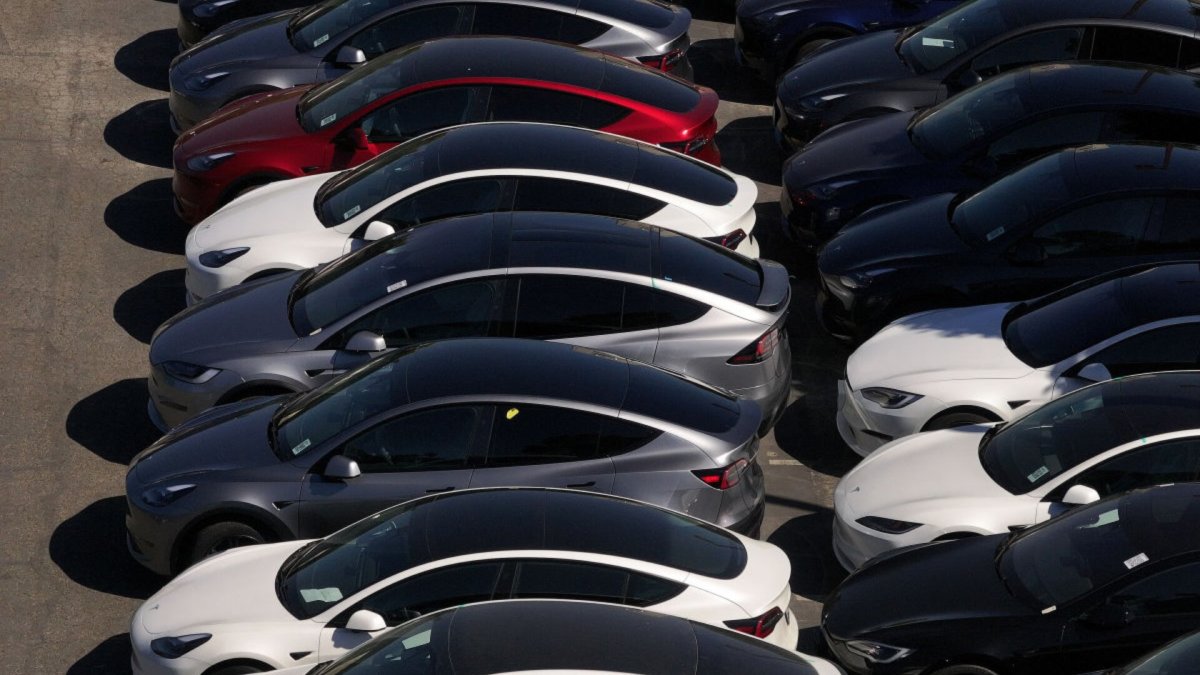Tesla earnings can't hide this big EV industry issue
Tesla was scheduled to blow away expectations when it releases its third-quarter earnings report on Wednesday, October 22, after the closing bell, but it faltered a bit on earnings. Tesla delivered 497,099 EVs in the period, a significant increase from the 462,890 cars it delivered in the year-ago ...

Tesla was scheduled to blow away expectations when it releases its third-quarter earnings report on Wednesday, October 22, after the closing bell, but it faltered a bit on earnings.
Tesla delivered 497,099 EVs in the period, a significant increase from the 462,890 cars it delivered in the year-ago period and well ahead of analyst expectations for fewer than 440,000.
The company reported non-GAAP earnings of 50 cents per share on revenue of $28.1 billion. Analysts, however, were expecting the company to report earnings of 55 cents per share on revenue of $26.5 billion.
Wall Street has been expecting strong numbers since the company released those third-quarter delivery results earlier this month.
The U.S. EV industry was in a unique situation during this period, as the $7,500 government tax credit for buying a new EV expired at the end of September.
So many people rushed to dealerships to take advantage of the money before it was gone, leading to record EV sales even for laggards like Ford and General Motors.
However, over 30% of EV buyers are less likely to purchase one without those tax incentives, according to a recent report from Electric Vehicle Intelligence Report, and that's just the tip of the iceberg for Tesla. Image source: Sullivan/Getty Images
Higher income U.S. EV buyers prefer Tesla rivals
Tesla (TSLA) was once the unquestioned U.S. EV market share leader, but its lead has been dwindling for some time.
The EV maker currently has between a 41% and 43% U.S. market share in 2025, according to Cox Automotive.
Related: Tesla shareholders respond to latest push against Elon Musk
Tesla Q3 U.S. Market Share by Year
- 2025: 41%
- 2024: 49%
- 2023: 55%
- 2022: 62%
- 2021: 72%
- 2020: 79%
General Motors (GM) has been the biggest recent beneficiary of this decline, as the company was able to garner 16.5% of the EV market in the third quarter.
But Japanese automakers Toyota and Honda are the most popular EVs with high-income consumers, according to EVIR.
"Toyota ranks highest with consumers earning $150,000 or more on positivity (+52) and trust (+72), followed closely by Honda (+47 net positive; +70 net trust)," according to the EVIR report.
On the other side of the spectrum, those same consumers hate Tesla.
"Tesla ranks lowest on both positivity and trust with these consumers—and is the only brand tested with underwater brand view (-9) and trust intensity (-11) scores," EVIR says.
Parents with children younger than 18 rate Tesla very lowly, ranking the brand dead last "out of all brands tested when it comes to positivity, trust and safety. These consumers view Tesla as the second least 'family-friendly' brand."
EVIR collected responses from 2,119 consumers earning over $150,000 a year to come up with this data.
Tesla investors have a big choice to make about its future
On Oct. 17, proxy advisor firm Institutional Shareholder Services urged shareholders to vote “no” on the pay package, potentially worth $1 trillion, that Tesla TSLA has proposed for CEO Elon Musk.
Related: Elon Musk takes shot at rival facing major problem
On Monday, Oct. 20, fellow advisory firm Glass Lewis & Co. followed suit, urging Tesla stockholders to reject the proposal.
According to the offer, Musk essentially has 10 years to increase Tesla’s valuation from about $1 trillion to $8.5 trillion to receive the highest compensation.
Tesla performance benchmarks for Elon Musk:
- 20 million Tesla vehicles delivered
- 10 million active FSD subscriptions
- 1 million bots delivered
- 1 million Robotaxis in commercial operation
- $400 billion of Adjusted EBITDA over four separate quarters
Related: Tesla's surprising delivery data hide a serious problem
What's Your Reaction?




















































